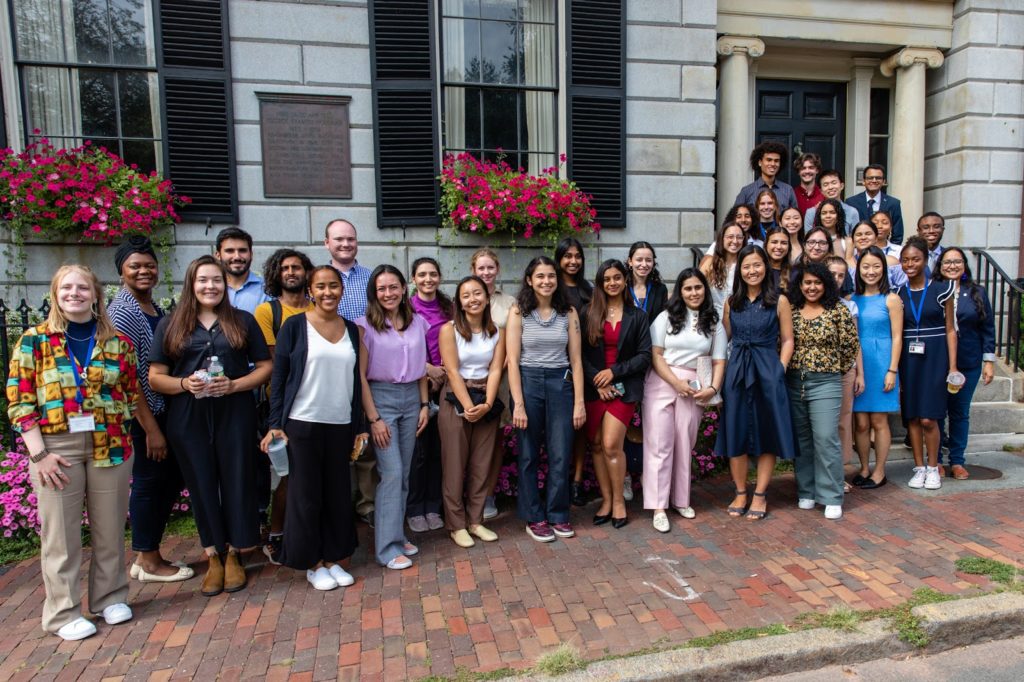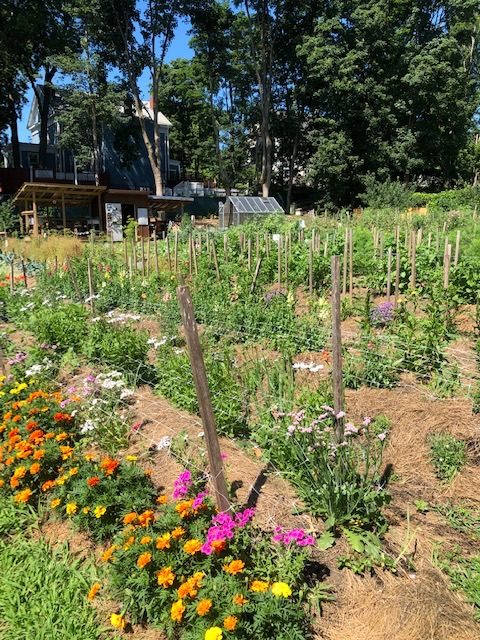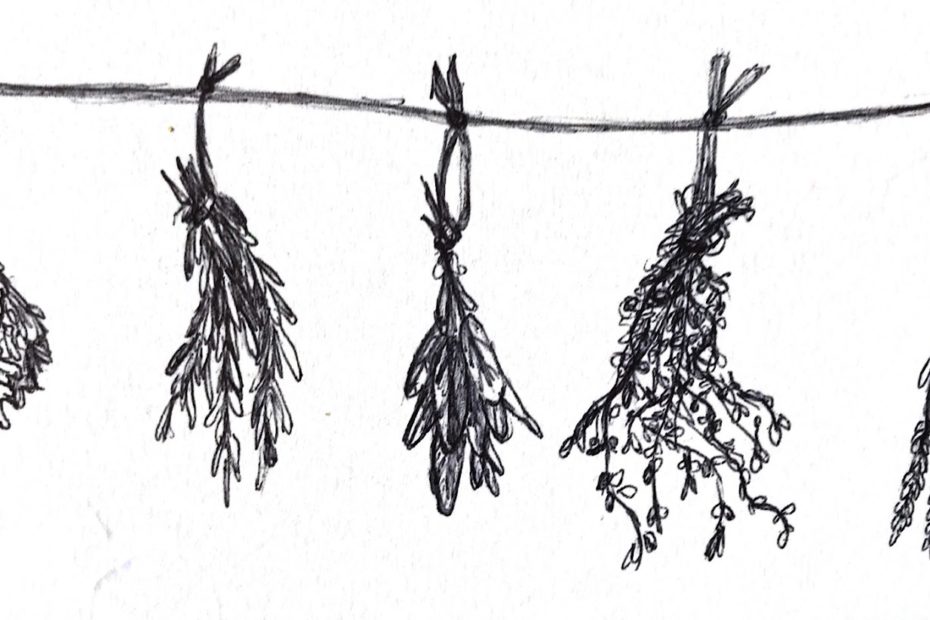This summer, I had the opportunity to work with GrowBoston, the City of Boston’s new office of urban agriculture administered by the Mayor’s Office of Housing. GrowBoston sprouted out of the Grassroots Program, which has been transferring vacant government-owned land and capital funding to community groups for over 25 years. GrowBoston builds upon the Grassroots Program’s historical work and expands food production within the city of Boston while emphasizing food justice. My supervisor for the summer was the Director of GrowBoston and UEP alum, Shani Fletcher. It was exciting to see a potential path for a UEP degree. Throughout the summer, I helped with the process of transferring land and funding to community groups, conducted research and analysis on different urban agriculture topics, and helped brainstorm the structure of GrowBoston’s educational programming. These projects gave me insight into what it is like to work for a flourishing municipal office.
One of the best aspects of my fellowship was the level of agency I was given. If I had an idea for research that might be useful or wanted to experiment with the design of outreach materials, I had the chance to go for it. Early in the summer, I had the task of creating educational tip sheets for the general public, new gardeners, and experienced gardeners looking to take a deeper dive into specific topics. I decided to use the design platform Canva to create the tip sheets. I wanted them to be rich with illustrations that reflected the language used. I minored in studio art during undergrad and saw the potential to develop the illustrations myself. In many other settings, I may not have gotten the opportunity to use my drawings, but the flexibility I was offered gave me the confidence to try it. I used Canva many times throughout the summer to design presentations, flyers, and the tip sheets and became somewhat of a pro. In designing public-facing materials, I also improved my ability to use accessible language to describe gardening and sustainability concepts. The confidence, critical thinking, and thoughtfulness I honed at GrowBoston have allowed me to become a better planner.

Some other summer highlights include meeting Mayor Michelle Wu with fellow UEP student Moiz Abdul Majid. We both had fellowships with Boston and were invited to several special events for summer fellows. Shani also took our team on on-site visits to urban gardens, farms, food forests, and a hydroponics farm. These visits helped me better understand the many different facets of Boston’s food system.

Working in the public sector taught me several important lessons. Boston has an existing Office of Food Justice (OFJ), and the need to align the parallel work of OFJ and GrowBoston is critical to developing cohesive and effective food systems initiatives. I sat in on meetings between the two offices, which are actively working to create a joint vision. Though topics such as social justice and sustainability are often separated into different departments, there are often many connections between these fields. Therefore, collaboration across municipal departments is imperative within governmental bodies to maximize progress towards common goals. I also learned about Boston’s rich community food scene and the many community-driven organizations working towards food justice. As GrowBoston forms, it is working to bolster the existing community food infrastructure, not to impose its own infrastructure. For me, this internship was a window into the government’s role in promoting and transferring power to grassroots groups.
As the summer winds down, I am transitioning out of my fellowship but not leaving my work behind. I am still ironing out the kinks, but I plan to channel my work with GrowBoston into my upcoming UEP thesis and beyond.
